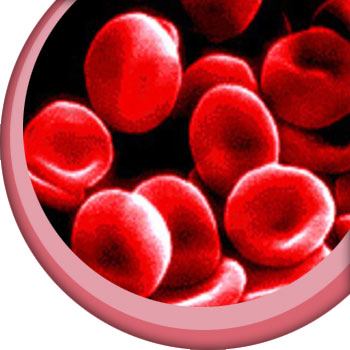Routine blood tests
These may be run on a machine at the veterinary surgery or sent away to an external laboratory – either way, your vet will phone you when the results are received and will talk you through what they mean. Terms that the vet may use include “biochemistry” and “haematology”, which are often the two parts of a routine blood sample.
• Haematology involves measuring the numbers of different types of blood cells. Examples of uses include identifying anaemia (low numbers of red blood cells) and infectious or inflammatory conditions (high numbers of white blood cells or immune cells).
• Biochemistry measures lots of different chemicals and products in the blood stream and helps your vet to assess how well certain organs are functioning. Examples include measuring kidney specific chemicals in kidney disease, or measuring blood glucose (sugar) levels for diabetes mellitus.
Further blood tests
Depending on the results of the routine blood test your vet may wish to carry out more specific tests such as:
• Measuring levels of specific hormones – for example cats with an overactive thyroid gland have higher than normal levels of thyroid hormone, just like in people.
• Serology can be used to test for evidence of certain infections, such as viruses.

Blood Sampling
Your vet may suggest taking a blood sample as part of the process of diagnosing many conditions. We understand this may be worrying if your pet has not had this procedure done before, but most pets do not mind having a blood sample taken, and the needles used are no bigger than those for giving injections.
Your vet will usually take the sample from a vein in the neck or the front leg. This will involve clipping a small patch of hair. As with people, some animals have more “obvious” veins than others, meaning your vet may need to clip a couple of patches to find the best place to get the sample.
Disclaimer: This website has been designed to offer information surrounding the use of antibiotics and infection control for pet owners. It does not replace advice from your veterinary surgeon. If you believe your pet is unwell or you have any questions relating to their treatment, please always contact your veterinary surgeon for advice.

